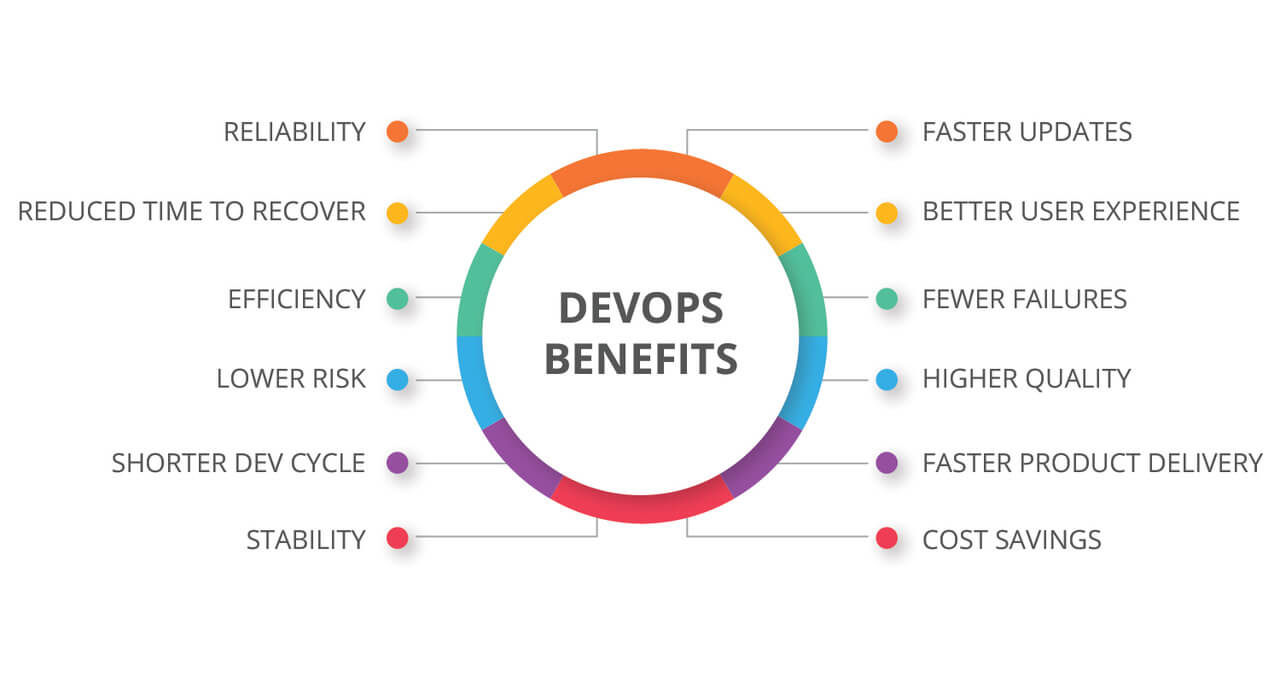Understanding DevOps and Its Importance in Startups
In today's fast-paced and highly competitive business landscape, startups are constantly seeking ways to accelerate their development processes, improve software quality, and enhance collaboration among teams. This is where DevOps comes into play. DevOps, a combination of "development" and "operations," is an approach that promotes seamless collaboration, automation, and continuous integration and delivery. In this article, we will explore the essence of DevOps, its key components, when startups need to adopt it, and the advantages it offers for startup success.
What is DevOps? A Comprehensive Overview
DevOps is a cultural and operational philosophy that emphasizes close collaboration between development teams (responsible for building software) and operations teams (responsible for deploying and maintaining software in production environments). It aims to break down silos, foster shared responsibilities, and enable a continuous feedback loop throughout the software development lifecycle.
The Key Components of DevOps
DevOps encompasses several key components that work together to achieve its objectives:
- Collaboration
- Automation
- Continuous Integration and Delivery
- Infrastructure as Code
- Monitoring and Feedback

Signs You Need DevOps in Your Startup
There are several signs that indicate the need for implementing DevOps practices in your startup:
- Frequent deployment failures or delays
- Lack of collaboration and communication between teams
- Manual and error-prone deployment processes
- Difficulty in scaling and managing infrastructure
- Inefficient use of resources and frequent downtime
Advantages of Implementing DevOps in Your Startup
- Rapid and Reliable Software Releases: DevOps enables frequent, automated, and error-free software deployments.
- Improved Collaboration and Communication: Teams work together seamlessly, enhancing productivity and reducing misunderstandings.
- Enhanced Software Quality: Continuous integration, automated testing, and monitoring result in higher-quality software.
- Scalability and Efficiency: DevOps practices help optimize resource utilization and streamline scaling processes.
- Reduced Time-to-Market: Continuous delivery enables faster time-to-market and a competitive edge.
Best Practices for Successful DevOps Adoption
To ensure a successful DevOps adoption in your startup, consider the following best practices:
- Start with a Cultural Shift: Foster a collaborative and learning culture that encourages shared ownership and continuous improvement.
- Implement Automation Tools: Utilize automation tools for provisioning, configuration management, testing, and deployment.
- Adopt Continuous Integration and Delivery: Set up continuous integration and delivery pipelines to automate software releases.
- Embrace Infrastructure as Code: Treat infrastructure as code to enable version control, automation, and scalability.
- Establish Monitoring and Feedback Mechanisms: Implement monitoring solutions to gain insights and provide feedback for continuous improvement.
- Encourage Cross-Functional Collaboration: Promote collaboration and knowledge sharing between development, operations, and other teams.
“DevOps is a collaborative approach that combines development (Dev) and operations (Ops) teams, processes, and tools to foster a culture of continuous integration, delivery, and deployment.”
Embracing DevOps for Enhanced Startup Success
In conclusion, DevOps is not just a set of tools and practices; it is a mindset and a cultural shift that fosters collaboration, automation, and continuous improvement. Startups can greatly benefit from implementing DevOps principles as it enables rapid and reliable software releases, improved collaboration, enhanced software quality, scalability, and reduced time-to-market. By following best practices and embracing the DevOps philosophy, startups can position themselves for success in today's competitive landscape.

